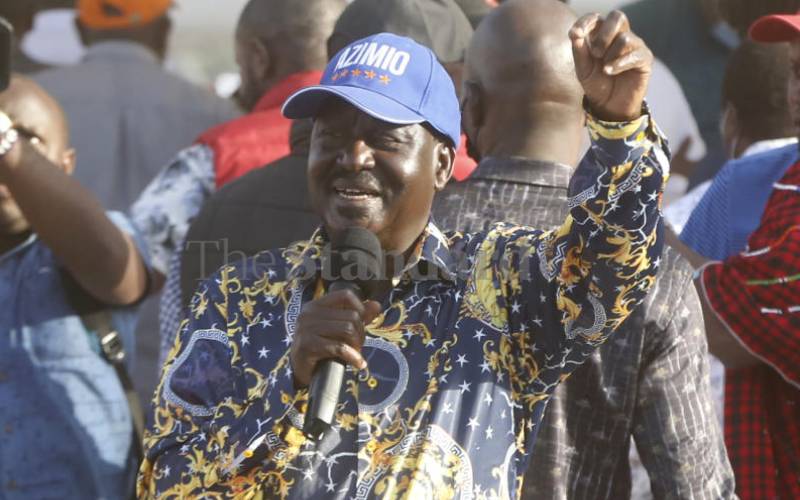×
The Standard e-Paper
Join Thousands Daily

The Azimio coalition is facing a tough challenge following jitters among party members over free and fair nominations as interest in the coalition grows amid talk of staging joint nominations.
Concern is mounting over claims that the party will require candidates from the parties allied with it to go through a joint nomination rather than contest at the party level.